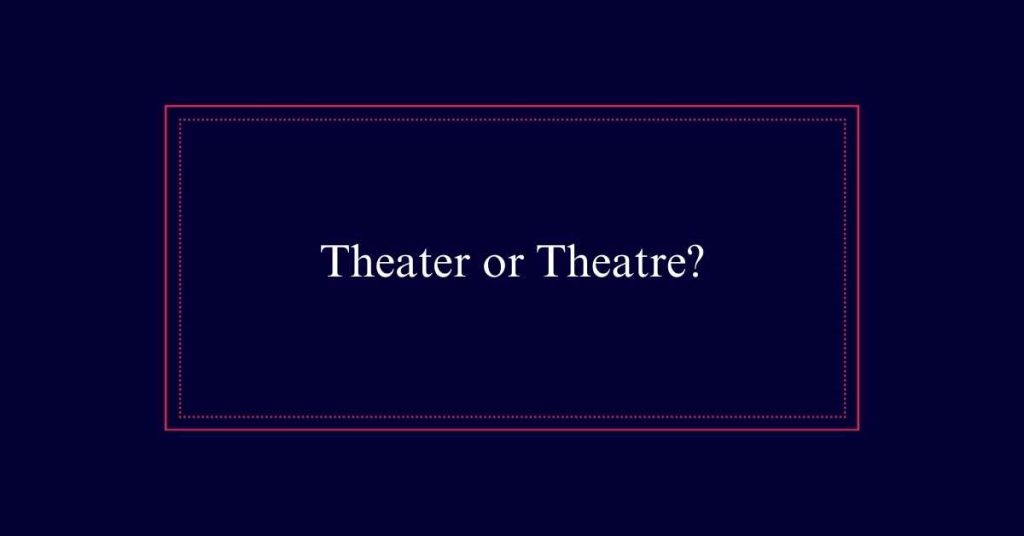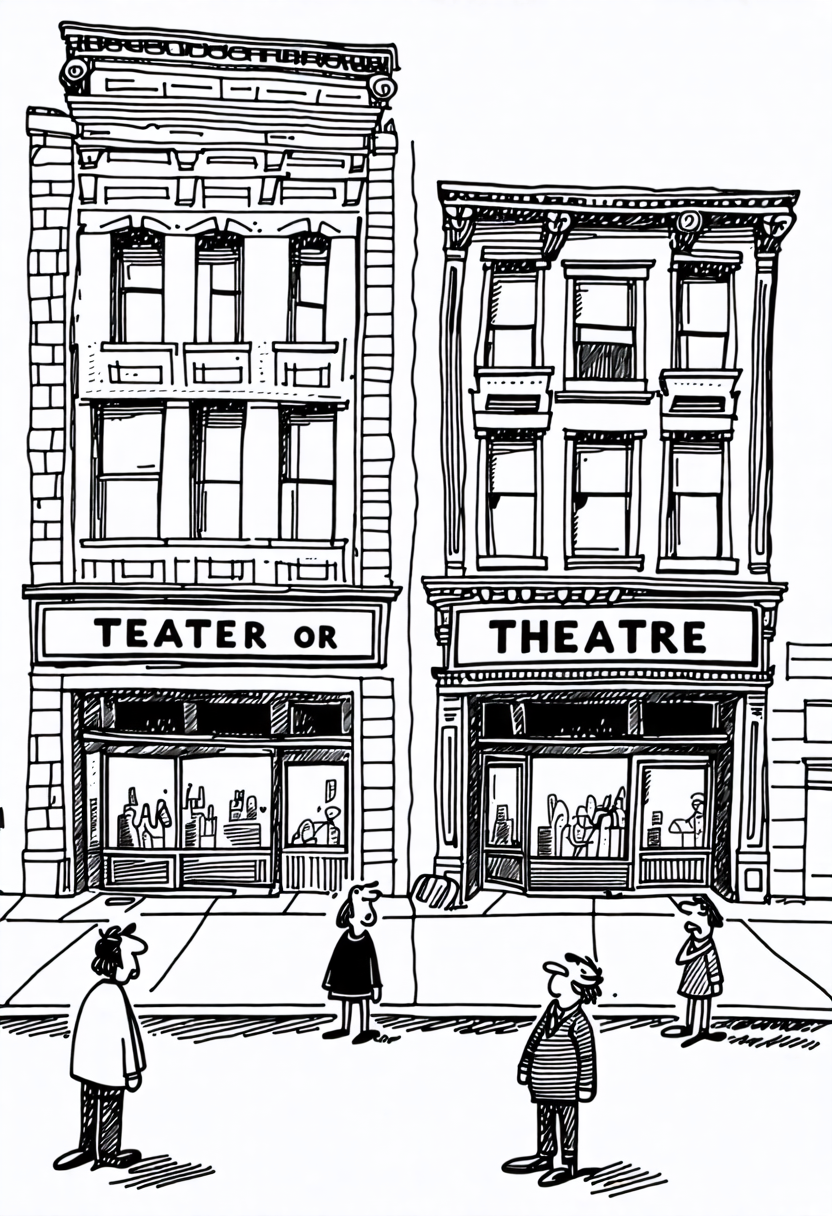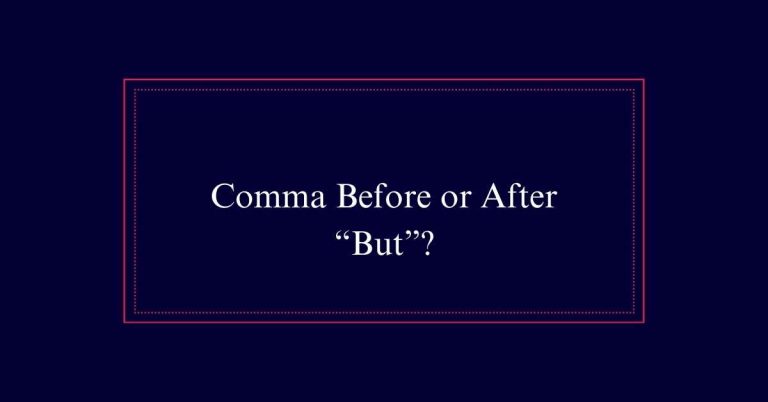Theater or Theatre?
The choice between “theater” and “theatre” depends primarily on regional spelling norms. “Theater” is standard in American English, while “theatre” is preferred in British English, including in Canada and Australia. Historical usage of both terms reflects their roots in Greek and Latin, with notable use by literary figures like Chaucer and Shakespeare.
Historical Background
The different spellings of ‘theater’ and ‘theatre’ originate from Greek and Latin, with the word making its way into English through Old French. Historically, both spellings were correct until the 1660s.
During this period, prominent writers like Chaucer and Shakespeare used different spellings—Chaucer preferred ‘theatre’ while Shakespeare used ‘theater.’ Over time, the usage started to diverge regionally.
In most English-speaking countries, ‘theatre’ became the preferred spelling. This includes the United Kingdom, Canada, and Australia. However, in the United States, ‘theater’ became the standard.
Greek and Latin Roots
Rooted in the linguistic traditions of Greek and Latin, the terms ‘theater’ and ‘theatre’ reflect a rich historical evolution. The word originates from the Greek ‘theatron,’ meaning a place for viewing, and Latin ‘theatrum.’ These ancient roots highlight the significance of performance spaces in classical cultures.
As the term evolved into English, it passed through Old French, becoming ‘theatre.’ This form was widely accepted until the 1660s. After that, both spellings—’theater’ and ‘theatre’—were used interchangeably. Over time, regional preferences emerged, with ‘theatre’ favored in British English and ‘theater’ in American English.
Chaucer Vs. Shakespeare
How did the spelling preferences of Chaucer and Shakespeare influence the evolution of ‘theater’ and ‘theatre’? Chaucer and Shakespeare each favored different spellings, which led to the coexistence of both forms. Chaucer used ‘theatre,’ aligning with Old French influences, while Shakespeare preferred ‘theater,’ reflecting evolving English phonetics. Their choices impacted the language, leaving a legacy of dual spellings.
| Author | Spelling | Influence |
|---|---|---|
| Chaucer | Theatre | Old French influence |
| Shakespeare | Theater | Evolving English phonetics |
| Time Period | 1400s | Chaucer’s era |
| Time Period | 1600s | Shakespeare’s era |
| Legacy | Dual Use | Both spellings remain in use today |
British English Norms
Chaucer’s preference for ‘theatre’ aligned with what is now the standard spelling in British English. This spelling is widely accepted and used across countries that follow British English norms, such as the United Kingdom, Canada, and Australia.

The term ‘theatre’ is not just limited to stage performances but is also used for major venues, including those in London’s West End. While some exceptions exist, like the Winter Garden Theatre on Broadway, the British norm remains consistent.
American English Norms
In American English, the spelling ‘theater’ is mainly used. This spelling is standard in the United States and is preferred in most contexts. For example, when referring to venues for live performances or movies, Americans typically use ‘theater.’
This is also reflected in written and digital media, where ‘theater’ is the predominant form. It simplifies communication by adhering to a consistent spelling norm. Additionally, ‘theater’ is commonly seen in academic and professional writing within the U.S.
Broadway and West End
Broadway in New York and the West End in London are renowned hubs for world-class theater performances. These two districts symbolize excellence in theatrical arts and host some of the most famous productions globally. The spelling used for these venues differs based on regional norms, with ‘theater’ commonly used in the U.S. and ‘theatre’ in the U.K.
Here are three notable aspects:
- Broadway: Known for its high-energy musicals and innovative plays.
- West End: Celebrated for its classic productions and dramatic works.
- Spelling Variance: Reflects cultural and linguistic preferences between American and British English.
Cinema Vs. Movie Theater
While iconic venues like The Globe Theatre and Radio City Music Hall captivate audiences with live performances, the terminology for film-viewing locations varies greatly between British and American English.
In the UK, people commonly refer to these venues as cinemas or use the phrase ‘catching a film.’ In contrast, Americans typically say they are going to the movies or visiting a movie theater. Canadians, influenced by both British and American English, often use the term movie theatres.
Here are three key differences:
- British English: Uses ‘cinema’ or ‘pictures.’
- American English: Prefers ‘movie theater.’
- Canadian English: Commonly says ‘movie theatres.’
Internet Usage Trends
Online trends show a clear preference for the spelling ‘theater’ over ‘theatre’. This pattern is especially pronounced on popular websites and social media platforms. Search engines like Google show higher search volumes for ‘theater’. This reflects the dominance of American English on the internet.
The simplicity of the -er ending may also contribute to its widespread use online. Despite regional spelling preferences, internet users tend to adopt the more common form to guarantee broader understanding. Content creators aiming for a global audience might prefer ‘theater’ to maximize reach.
Audience and Regional Preferences
Given the preference for ‘theater’ online, understanding audience and regional preferences becomes important for effective communication.
Different regions have distinct conventions for spelling. Knowing your audience can help you choose the correct form, ensuring clarity and connection.
Consider the following:
- Geographic Location: Use ‘theatre’ for audiences in the UK, Canada, Australia, and other countries following British English. Use ‘theater’ for American audiences.
- Context: For formal contexts like academic writing or professional publications, align with regional spelling norms.
- Audience Familiarity: If your audience is global and mixed, either spelling can be used, but consistency is key.







